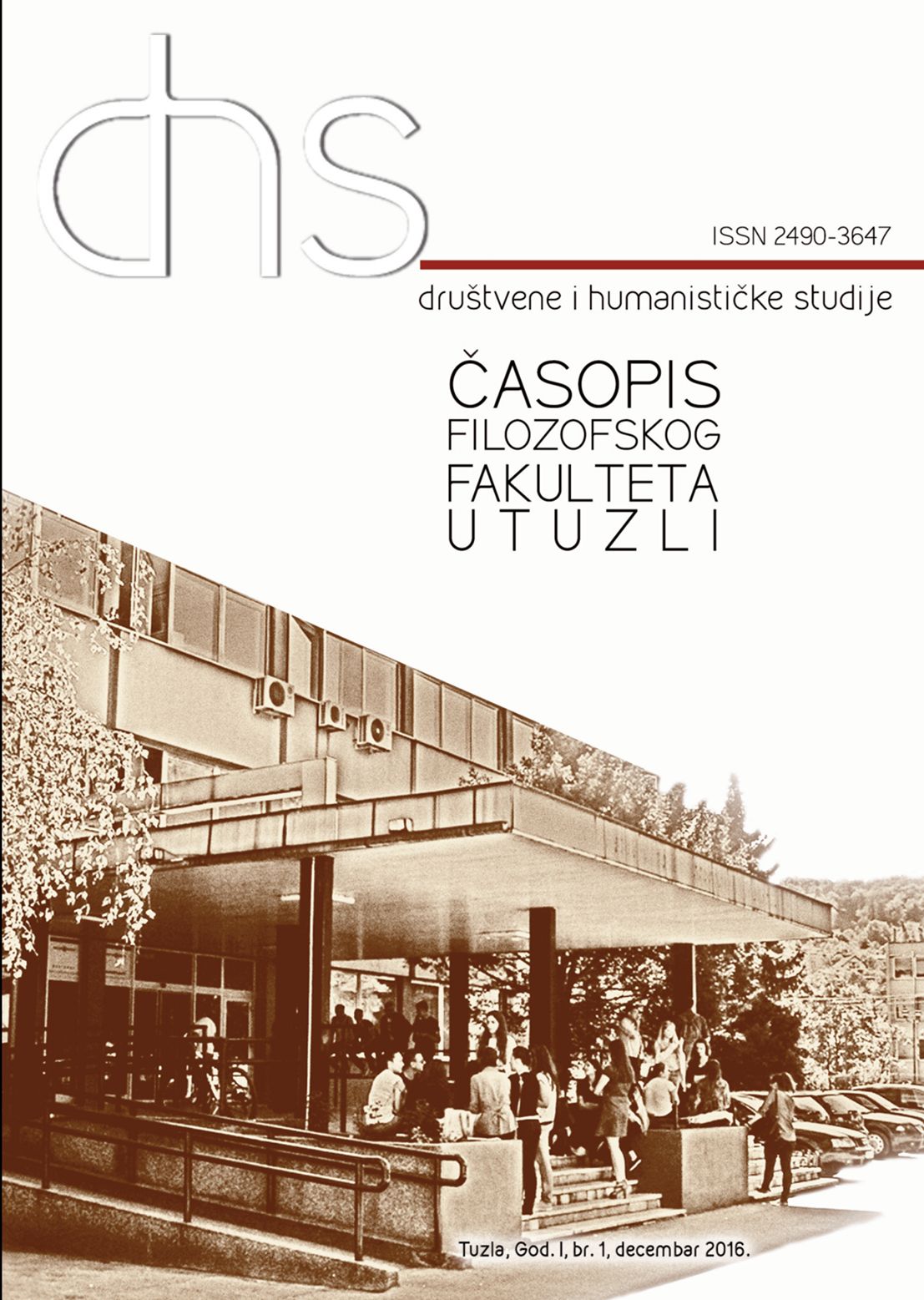Tropes of War — Creating a Model Precarious Labourer For US Military Bases
Tropes of War — Creating a Model Precarious Labourer For US Military Bases
Author(s): Joseph W.H. Lough, Damir ArsenijevićSubject(s): Anthropology, Social Sciences, Labor relations, Cultural Anthropology / Ethnology, Management and complex organizations, Studies in violence and power, Sociology of Politics
Published by: Filozofski fakultet Univerziteta u Tuzli
Keywords: American Studies in Bosnia and Herzegovina; tropes of war; Bosnia and Herzegovina; precarious labour; Bosnian precarious labourers;post-Fordism; authoritarian post-Fordism;neoliberal capitalism;
Summary/Abstract: In the paper, authors Lough and Arsenijević tackle the phenomenon of precarious labour and the framework that nurtured it into existence while maintaining focus on the conception of the “model precarious labourer” in Bosnia and Herzegovina for US military bases in zones of conflict. The US military’s reliance on precarious labour has been shaped by global social, economic, and cultural imperatives and the authors trace its development alongside that of neoliberal capitalism or, more precisely, its authoritarian post-Fordist modality. In the late 1960s, the traditional Fordist modes of regulation started to exhibit increasing signs of weakness and decline which, by the early 1970s, generated enough concern for their reconceptualization to be set in motion, resulting in across-the-board social, legal, cultural, and economic regulatory adjustments referred to as post-Fordism. This comprehensive shift is among the most important factors shaping the meeting between precarious labourers from Bosnia and Herzegovina and US military personnel in Afghanistan as, having weathered the widespread privatization and deregulation of industry and public assets, it was but a small step for Americans to embrace the privatization and deregulation of war. The impact of the US neoliberal post-Fordist policy on former Yugoslavia and, in particular, Bosnia and Herzegovina could not have been more destructive, even going as far as causing its eventual destruction and disintegration. When US military contractors recruited precarious labourers in Bosnia and Herzegovina, the wages promised, although entirely unacceptable by US military personnel standards, seemed rather generous to the psychologically traumatized recruits from the most economically depressed nation in the entirety of Europe. Such a labourer—frightened, traumatized, and desperate—stands as the ideal prototypical worker contemplated under the post-Fordist regime of regulation and the authors, drawing on the findings of carried-out interviews, attempt to rationalize his psychological makeup. More strict enforcement of treaties, laws, and universally recognized human rights, the authors conclude, will have little or no impact on the circumstances of precarious labour so long as the regulatory regime governing conduct in zones of conflict is indistinguishable from the authoritarian post-Fordist regime that regulates conduct elsewhere in the world, war or no war.
Journal: DHS-Društvene i humanističke studije: časopis Filozofskog fakulteta u Tuzli
- Issue Year: I/2016
- Issue No: 1
- Page Range: 165-184
- Page Count: 20
- Language: English

